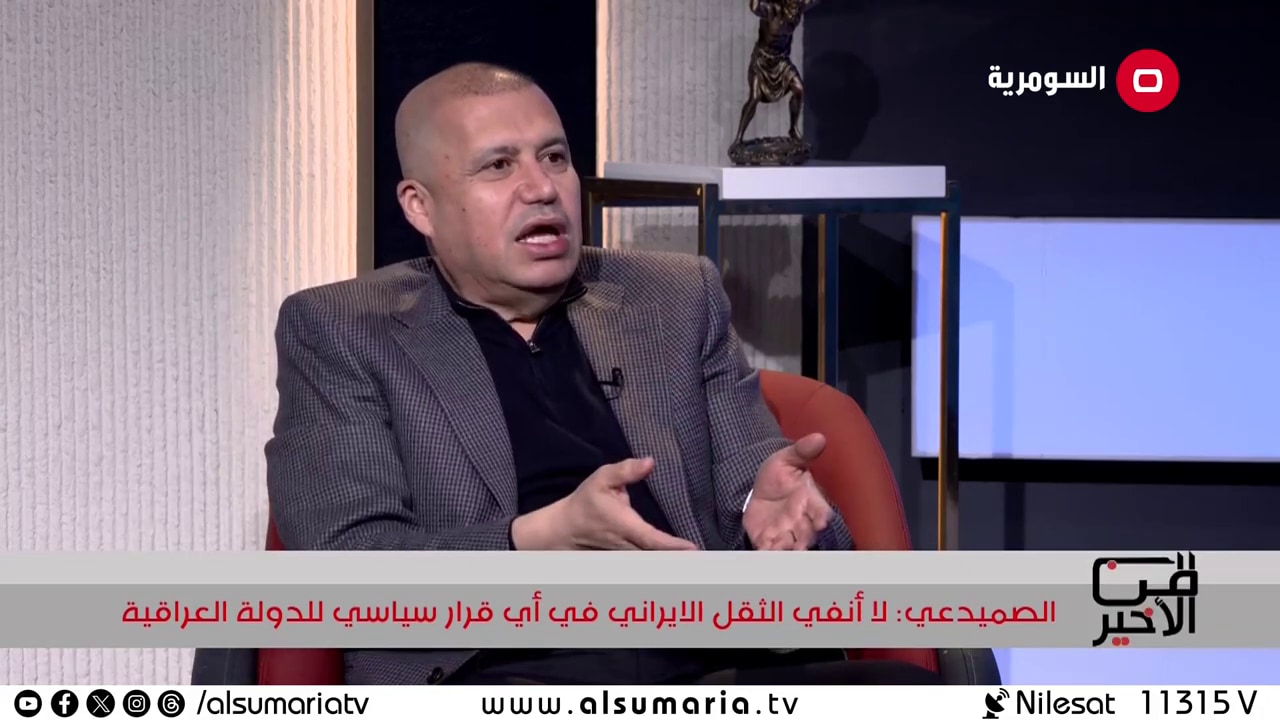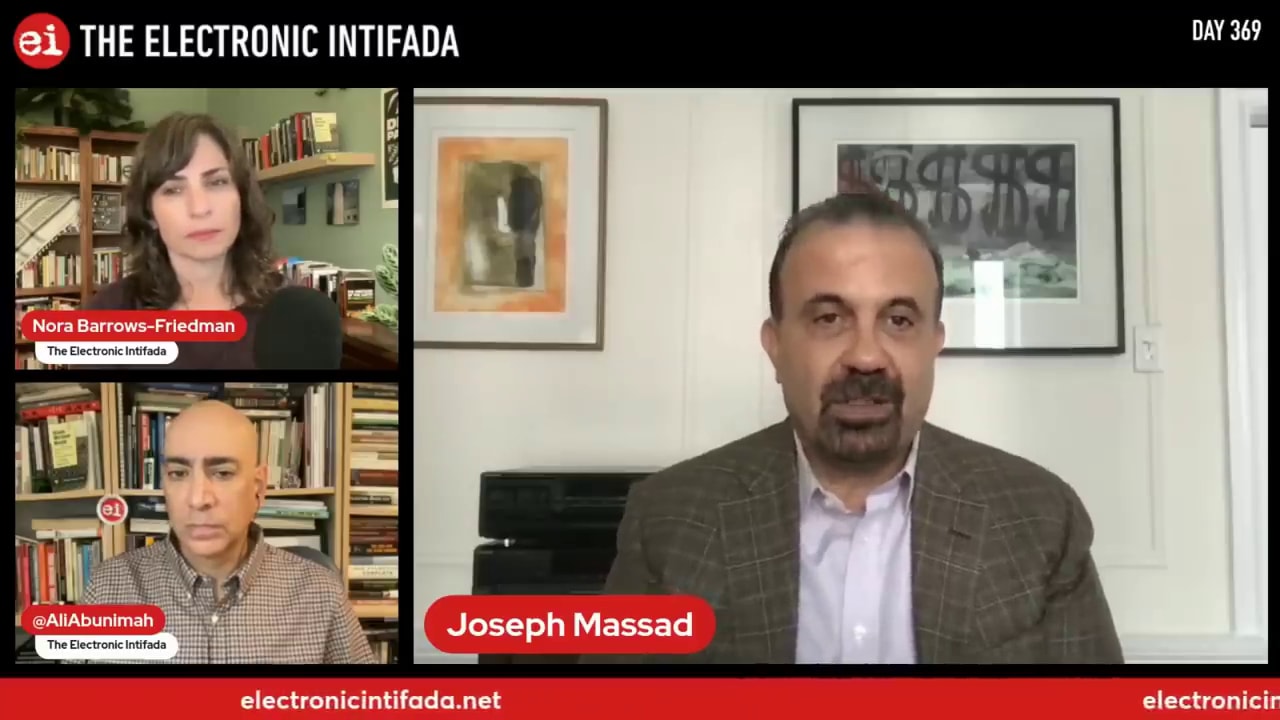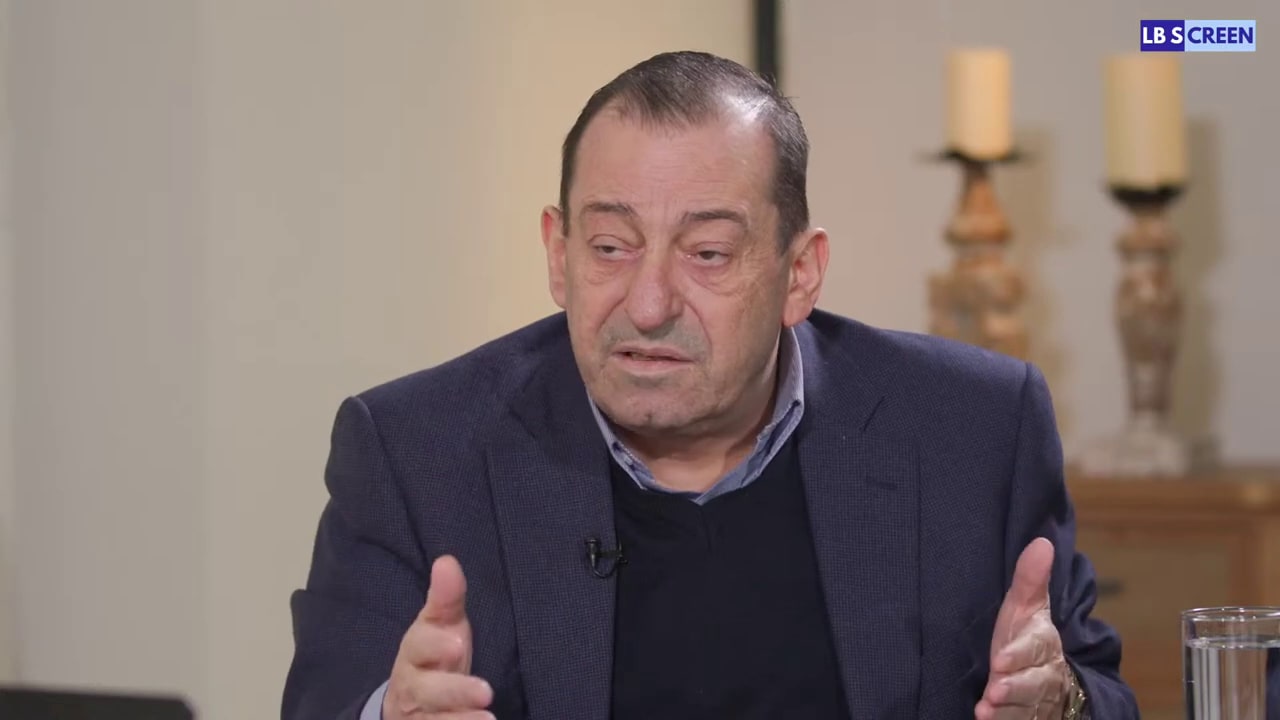
Following are excerpts from an interview with Iraqi Prime Minister Nuri Al-Maliki, which aired on Al-Arabiya TV on November 2, 2007.
Al-Maliki: On the basis of our monitoring of [Al-Qaeda] and its communiquès, I believe that Al-Qaeda has lost its foothold in Iraq.
Interviewer: Has it lost this foothold completely?
Nuri Al-Maliki: Al-Qaeda as firmly-established bases or as "settlements," which included judicial courts, training camps, prisons, emirates, prosecutors, and Islamic government, and so on, is completely gone. Al-Qaeda has turned into pieces and fragments on the move – incapable of finding any stability. The utmost victory is when Al-Qaeda, or any terrorist organization, loses its secure surroundings, its logistic support, and the ability to plan and carry our [attacks] in a steady manner. This is the beginning of their collapse. So Al-Qaeda is now fragmented, on the move from place to place. We get great response from people who used to collaborate with them. Terrorist organizations can operate only if people embrace them. In the past, the people embraced Al-Qaeda, but now they are its enemies, and they lead us to its [members]. They have become scattered, and we fear that it will be like it was in the past. We have informed our brothers in the neighboring countries: They have fled to your countries, and you must take precautions and confront them, because they might be looking for an opportunity, or a country that is weak and feeble, where they could spread their corrupt ideas. Today, Al-Qaeda has lost its capabilities, and no longer poses a real danger to Iraq.
[...]
I told people that I fear for the militias – for their members, for those who went astray and joined them – but I am not afraid of them. I am no longer afraid of the militias or Al-Qaeda. Instead, I fear for our sons, who have been led astray by Al-Qaeda, by the militias, and by the gangs, and who should return to their own selves, back to the homeland, to Iraq – back to their senses. Then they will benefit from this new Iraq, from its freedom, its democracy, and from Iraq's new surge of construction. Therefore, there is no longer any real danger. Instead, all that remains are the scattered remnants of the militias and of Al-Qaeda.
[...]
These militias still exist, but they no longer pose a danger.
Interviewer: Don't they still control some areas?
Nuri Al-Maliki: No, they don't, and most importantly, they are no longer convincing in their activities. They no longer convince any Iraqi that they stand for any cause. The slogans that both Al-Qaeda and the militias chanted have been exposed as lies and as a fraud. The people and Iraq have been hurt because of them. Therefore, I advise those who still insist on being stubborn, on the principle of violence, and on bearing arms to act quickly, because they have begun tumbling one after the other like locusts, in the face of the blows of the security forces.
[...]
Yesterday, the minister of state for national security affairs returned from a conference in Egypt. He called me up at night, and said that people think, strangely enough... The Egyptians hear the propaganda, and they ask, out of real concern: "Is it true that Iraqi schools teach Farsi and an Iranian curriculum?"
Interviewer: People ask: "Do they speak Arabic, or only Farsi?"
Al-Maliki: "Are there really Iranians behind the scenes in Al-Maliki's office, who do the planning?" "Do the Iranians really train the Iraqi police forces?" [The minister] said: "The truth is, I laughed. It was difficult for me to answer in a way that would be convincing for people who could be convinced of such things in the first place."














